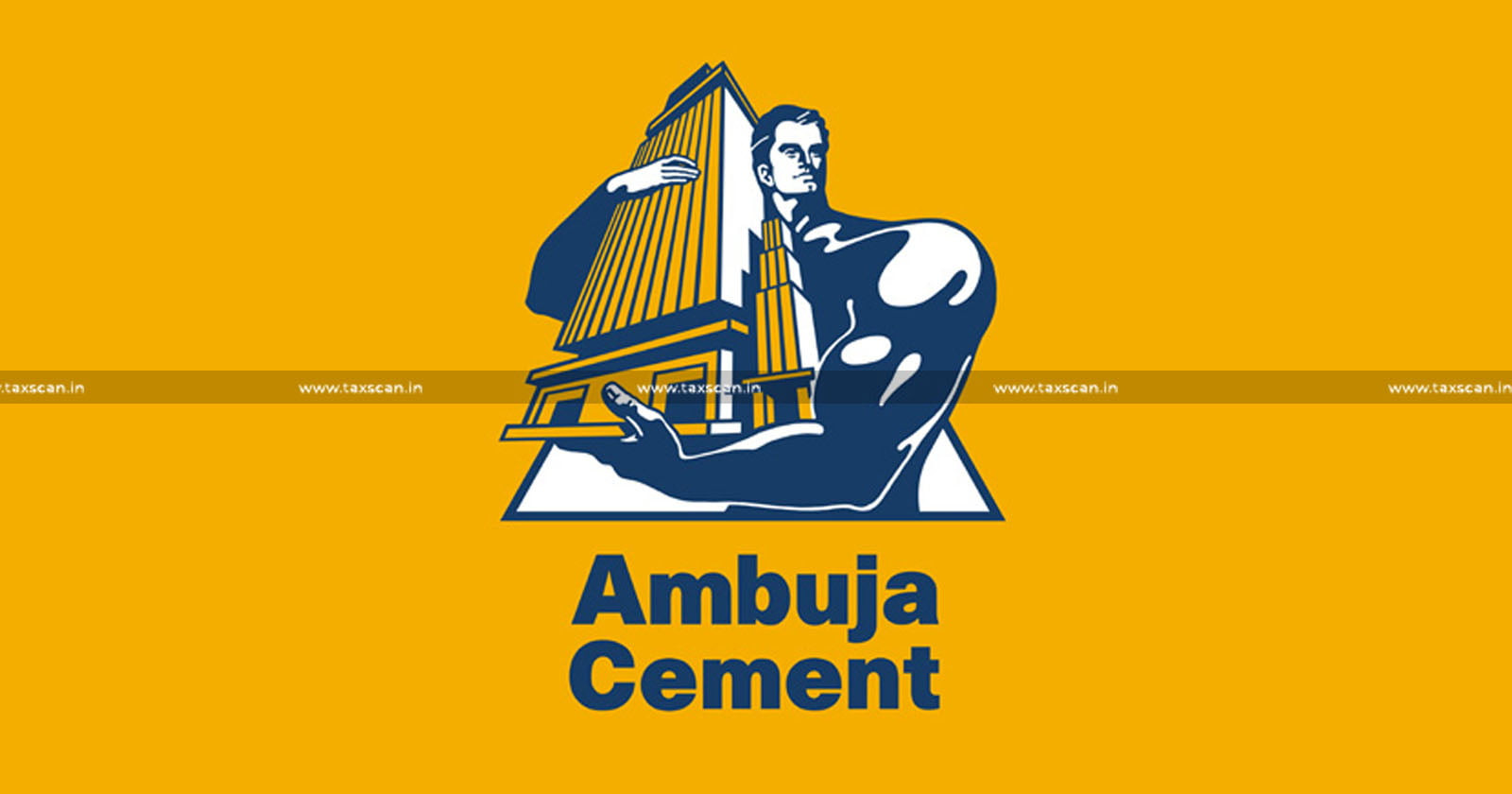Non-filing of Part-B of GST E-way Bill due to Tech Glitch not Amounts to Tax Evasion: Allahabad HC quashes Penalty [Read Order]
Mere non-filing of an e-way bill, or Part B of it, does not by itself justify the imposition of penalty under Section 129(3) of the GST Act
![Non-filing of Part-B of GST E-way Bill due to Tech Glitch not Amounts to Tax Evasion: Allahabad HC quashes Penalty [Read Order] Non-filing of Part-B of GST E-way Bill due to Tech Glitch not Amounts to Tax Evasion: Allahabad HC quashes Penalty [Read Order]](https://images.taxscan.in/h-upload/2025/11/20/2106814-e-way-bill-gst-gst-e-way-bill-due-tax-evasion-allahabad-hc-taxscan.webp)
The Allahabad High Court has ruled that non-filing of Part B of a GST ( Goods and Services Tax ) e-way bill especially when caused by a technical glitch cannot be treated as an attempt to evade tax, and therefore it cannot attract penalty under Section 129(3) of the GST Act.
The petitioner, M/s Archana Plasmould, a plastic mould manufacturer registered under GST in Gujarat, was transporting goods when its vehicle was intercepted on 25 July 2024. Though all documents were in order and the goods matched the tax invoice, the authorities detained the consignment solely because Part B of the e-way bill had not been generated.
Despite the petitioner explaining that the omission occurred due to a technical glitch, the authorities imposed a penalty under Section 129(3), which was later confirmed in the appeal.
Before the High Court, the petitioner argued that the lapse was unintentional and that no element of tax evasion existed. It was also pointed out that neither the original authority nor the appellate authority had recorded any finding indicating fraudulent conduct or intent to evade tax.
The petitioner relied on several authoritative decisions, including the Division Bench judgment in M/s Tata Hitachi Construction Machinery Co. Pvt. Ltd. v. State of U.P. (2025), as well as earlier judgments of the Court in Citykart Retail Pvt. Ltd. (2022), Roli Enterprises (2024) and Metloy Cast (2025), all of which held that mere non-filling of an e-way bill does not justify levy of penalty in the absence of intent to evade tax.
Comprehensive Guide of Law and Procedure for Filing of Income Tax Appeals, Click Here
 Also Read:Any Tax-Paying Person can Seek GST Refund Not Just Tax Depositor: Allahabad HC Clarifies S. 54 in Ambuja Cement Case [Read Order]
Also Read:Any Tax-Paying Person can Seek GST Refund Not Just Tax Depositor: Allahabad HC Clarifies S. 54 in Ambuja Cement Case [Read Order]
The State’s counsel defended the penalty but was unable to dispute the legal position established by the earlier judgments cited by the petitioner.
Therefore, Justice Piyush Agarwal observed that the petitioner had consistently maintained that the non-filling of Part B of the e-way bill occurred due to a technical error, a fact that the department never disputed at any stage.
The Court further noted that no authority had recorded any finding suggesting that the petitioner intended to evade tax.
It also stated that binding precedents of the High Court including a Division Bench judgment have held that the mere non-filing of an e-way bill, or Part B of it, does not by itself justify the imposition of penalty under Section129(3) of the GST Act.
Consequently, the Court decided that the penalty was wholly unsustainable and amounted to imposing liability without establishing the statutory precondition of intent to evade tax. Accordingly, it quashed the orders passed by both the adjudicating and appellate authorities.
The bench also ordered the department to refund any amount deposited to the department.
Support our journalism by subscribing to Taxscan premium. Follow us on Telegram for quick updates


